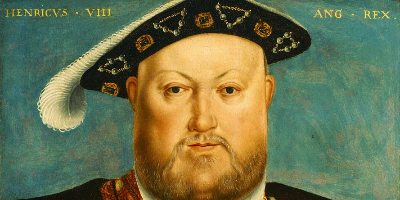jun 16, 1487 - Lambert Simnel rebellion [Battle of East Stoke]
Description:
Richard Symonds was a priest from Oxford. One of his pupils was Lambert Simnel who had a striking similarity to the sons of Edward IV – the Princes in the Tower. Symonds, a Yorkist, first decided to pass off Simnel as Richard of York, the younger of the two boys but then decided to pass him off as the Earl of Warwick. Symonds took Simnel to Ireland as it had been a centre of Yorkist support. The Lord Lieutenant there, the Earl of Kildare, proclaimed Simnel as King Edward VI. The pretender to the throne received support from the Duchess of Burgundy – the daughter of Edward IV. She sent a force of 2000 German soldiers/mercenaries to Ireland commanded by Martin Schwarz – a talented military leader. The Earl of Lincoln rallied to the cause and fled via Flanders to Ireland also in May 1487. On June 4th, 1487, Lincoln and his army landed at Furness in Lancashire. He marched across the Pennines and then south. However, Lincoln did not receive as much support as he had anticipated. The locals were suspicious of the Irish soldiers who accompanied Lincoln and did not rally to his cause. They were equally as concerned about another civil war starting with all the dislocation to life that would have caused. Henry was prepared for Lincoln and the two armies met just outside of Newark at East Stoke on June 16th 1487. Lincoln’s army stood at 8,000 while Henry could call on 12,000 men. The battle lasted for three hours. Richard Symonds was arrested and sentenced to life in a bishop’s prison. Simnel was given a position in the king’s kitchen as Henry recognised that he was not the cause of the invasion but a mere pawn in a very dangerous game. Simnel was later given the post of king’s falconer in recognition of how well he had worked. Those nobles who had supported Lincoln were not as generously treated. Twenty eight of them were attainted and had their estates confiscated. This served a dual purpose. It sent a clear message that anyone who betrayed the king would be severely dealt with. It also enhanced Henry’s wealth as all attainted land and estates became the property of the king.Added to timeline:
Date:
jun 16, 1487
Now
~ 538 years ago
